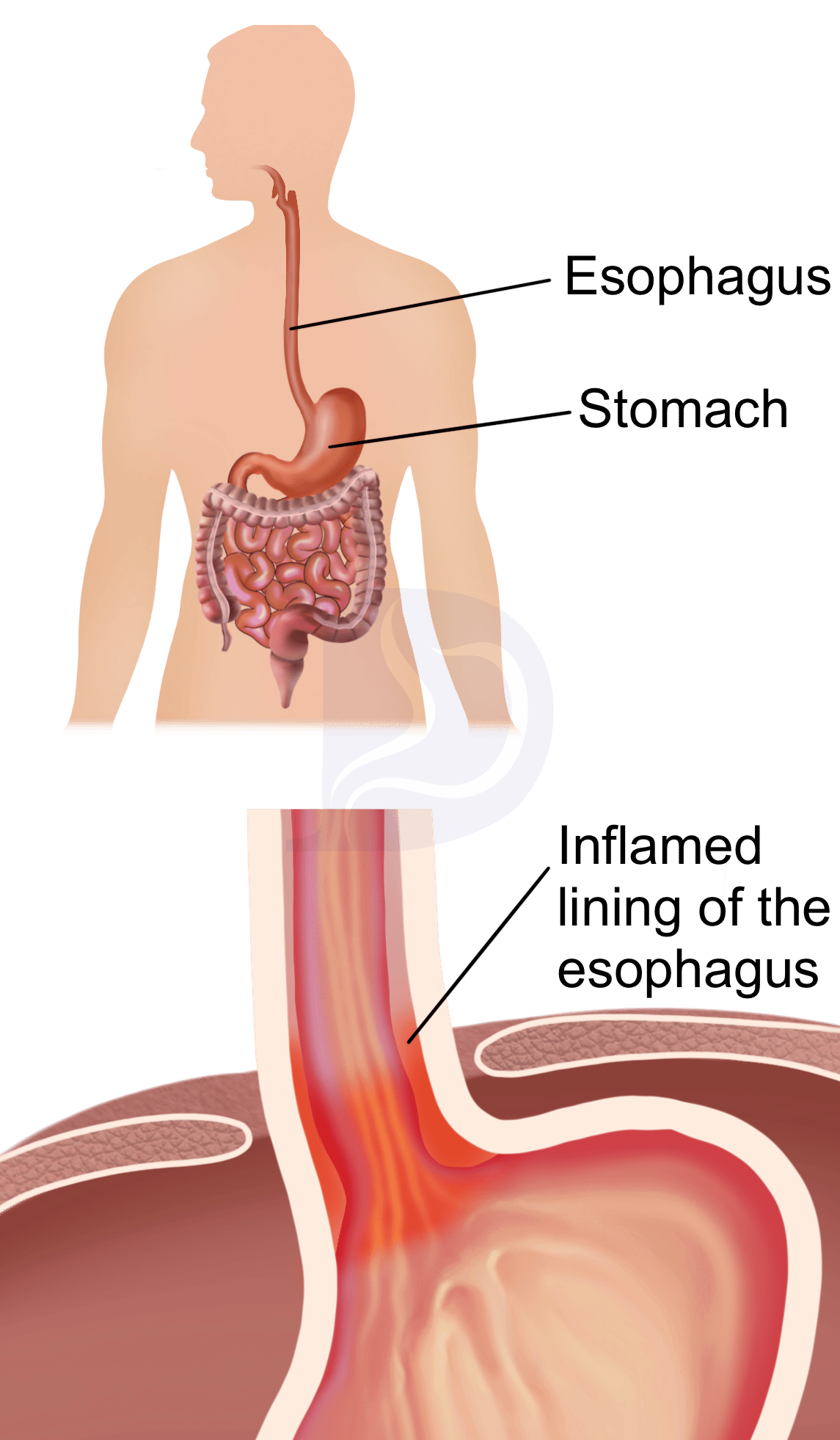If you have acid reflux that goes on for years, you may develop Barrett’s esophagus, a condition that increases your risk of esophageal cancer. The team at Digestive & Liver Health Specialists has extensive experience evaluating your risks for Barrett’s esophagus, and they take steps to relieve your symptoms and repair the esophagus.

What is Barrett’s esophagus?
Barrett’s esophagus occurs when cells lining the inside of the esophagus change, transforming into cells that are more typical of the stomach or colon than the esophagus. Most patients with Barrett’s esophagus don’t develop esophageal cancer.
However, these cellular changes significantly increase your risk for cancer compared to those who don’t have Barrett’s esophagus.
Barrett’s esophagus is associated with acid reflux and gastroesophageal reflux disease (GERD). As stomach acid refluxes into the esophagus, it can lead to inflammation and cause the cellular changes of Barrett’s.
What symptoms develop due to Barrett’s esophagus?
Barrett’s esophagus doesn’t cause symptoms, but most patients with this condition have the classic signs of GERD, including:
- Heartburn
- Hoarseness
- Sore throat
- Regurgitation of food or liquid
- Feeling like there’s a lump in your throat
If you have heartburn two or more times a week, your symptoms get worse, or you develop difficulty when swallowing, it’s time to schedule a full examination at Digestive & Liver Health Specialists.
Should I be screened for Barrett’s esophagus?
The team can assess your risk factors and determine if you should undergo screening. As a general guideline, patients between the ages of 35-50 who have had GERD symptoms for at least five years should undergo a one-time endoscopy to rule out Barrett’s esophagus.
It’s especially important for men with ongoing acid reflux to be screened for cellular changes because they have a higher risk of developing esophageal cancer.
How is Barrett’s esophagus diagnosed and treated?
The only way to diagnose Barrett’s esophagus is with an endoscopy. During this procedure, your doctor at Digestive & Liver Health Specialists gently inserts an endoscope through your mouth and down your esophagus.
The specialized scope allows your doctor to visually examine your esophageal lining and take a biopsy of abnormal tissues.
Once Barrett’s esophagus is diagnosed, your treatment begins with medications that inhibit acid production in your stomach. If your endoscopy reveals abnormal cells or cancer, your doctor removes or eliminates the cells.
Your doctor at Digestive & Liver Health Specialists determines the best procedure, whether that means surgery to remove abnormal tissues or laser ablation to destroy the abnormal cells.

